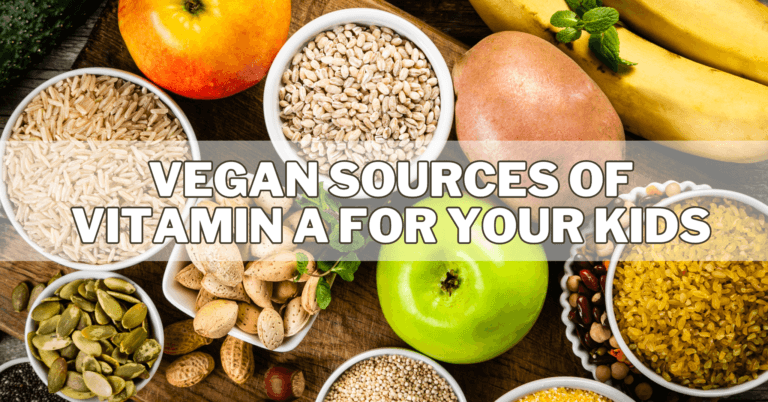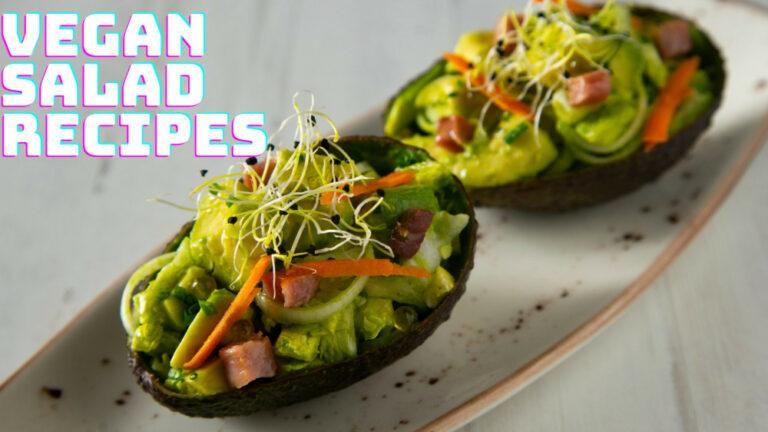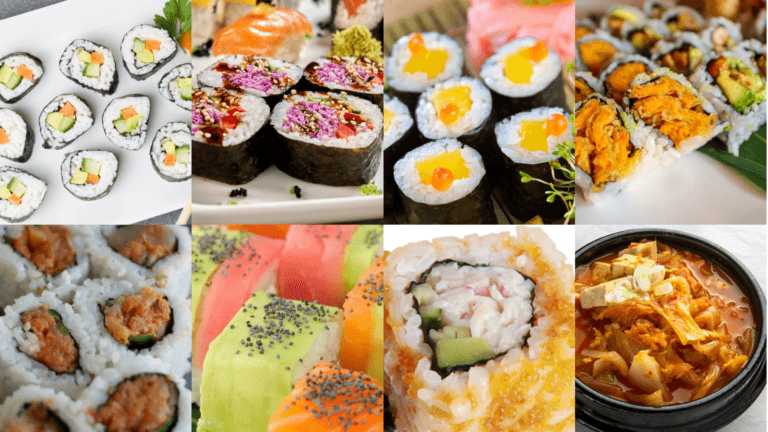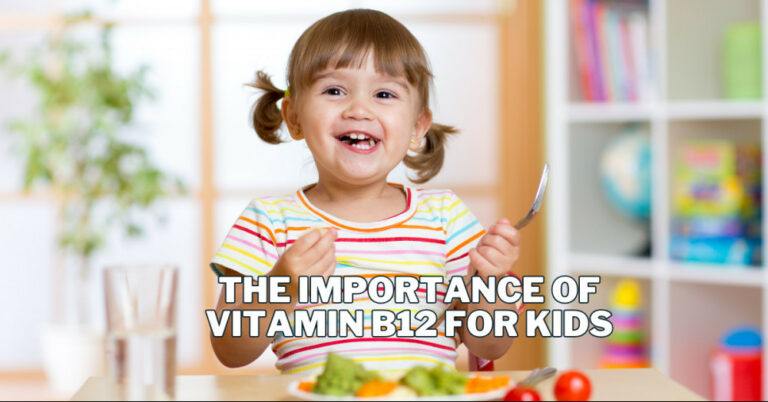Top Reasons Why People Avoid A Vegan Diet
Top Reasons Why People Avoid A Vegan Diet
In a world witnessing a growing embrace of plant-based lifestyles, the reluctance to adopt a vegan diet remains prevalent for many individuals.
Despite the surge in awareness surrounding veganism's health, environmental, and ethical benefits, a significant portion of the population continues to resist this dietary shift.
Understanding the reasons behind this hesitation unveils a complex interplay of cultural, social, and personal factors contributing to the resistance to a vegan lifestyle.
In this article, we delve into the top reasons why people avoid a vegan diet, exploring the challenges and misconceptions that hinder the widespread adoption of plant-based eating.
From cultural traditions and taste preferences to concerns about nutritional adequacy, we aim to unravel the intricacies surrounding individuals' choices regarding their dietary habits and shed light on the barriers that may exist in the journey towards a more plant-centric lifestyle.
Exploring The Top Reasons Why People Avoid A Vegan Diet
Even with veganism's growing popularity, a sizable portion of the populace still needs to adopt an entirely plant-based diet. Determining the causes of this resistance reveals a wide range of variables that influence people's dietary preferences.
By comprehending these elements, we can investigate viable tactics for promoting a more inclusive and knowledgeable approach to dietary choices and obtain important insights into the obstacles preventing the wider adoption of plant-based eating. So, let’s get started:

1. Cultural And Social Influences
The top reasons why people avoid a vegan diet often revolve around deep-seated cultural and social influences, where attachment to traditional culinary practices, shaped by familial and societal norms, acts as a significant barrier to embracing plant-based living.
Attachment to traditional diets and cultural food practices emerges as a significant barrier, with the familiarity and comfort associated with time-honoured culinary traditions proving resistant to change.
Social norms and family traditions are crucial in shaping dietary choices, as meals are sustenance and bear profound cultural significance. Sharing familiar dishes often strengthens social bonds, reinforcing a collective identity.
The reluctance to adopt a vegan diet can stem from a fear of deviating from established cultural norms, potentially leading to feelings of social isolation or exclusion.
The cultural and social fabric woven into daily meals becomes a powerful force, influencing not just what individuals eat but also their sense of identity and belonging.
Understanding these deep-seated cultural and social influences provides valuable insights into the complexities surrounding avoiding a vegan diet, highlighting the need for nuanced conversations and cultural sensitivity in promoting dietary shifts.

2. Taste Preferences
The allure of familiar flavours and textures is often a robust deterrent for individuals contemplating a vegan diet. Personal taste preferences, developed over a lifetime, create a strong attachment to the distinct profiles of non-vegan foods.
The savoury umami of meat, the creamy richness of dairy, and the unique textures associated with animal-based products contribute to a sensory experience deeply embedded in cultural and individual palates.
The prospect of parting with these familiar taste sensations can evoke resistance, as individuals may fear sacrificing the gratification derived from their preferred culinary profiles.
The perceived contrast in taste between plant-based alternatives and conventional animal-derived foods can create a psychological barrier, deterring exploration of vegan options.
Overcoming this obstacle involves introducing individuals to the diverse and satisfying flavours achievable through plant-based cooking, emphasizing that a transition to veganism need not entail sacrificing the pleasures of taste but rather discovering a new and vibrant palate.

3. Perceived Nutritional Concerns
One of the top reasons people avoid a vegan diet lies in the prevalent misconceptions about its nutritional adequacy, particularly concerns regarding essential nutrients such as protein, iron, calcium, and vitamin B12, perpetuating apprehensions about making the dietary switch.
Protein, often associated with meat consumption, becomes a focal point of apprehension, with individuals fearing that a plant-based diet may not meet their protein requirements.
Similarly, worries about iron, calcium, and vitamin B12 deficiencies contribute to the reluctance to switch to veganism.
These nutritional concerns stem from a need for understanding or exposure to the wealth of plant-based sources that can fulfill these dietary needs.
Educating individuals about alternative protein sources, such as legumes and tofu, and highlighting plant-based iron-rich foods like lentils and spinach can address these misconceptions.
Additionally, emphasizing the availability of fortified plant-based milk for calcium and nutritional yeast for vitamin B12 can debunk the notion that a vegan diet inherently lacks essential nutrients, encouraging a more informed and confident transition to plant-based eating.

4. Convenience And Accessibility
The perceived inconvenience and limited accessibility of vegan options can pose substantial hurdles for individuals contemplating shifting to a plant-based lifestyle.
Geographical disparities and the varying availability of vegan products in certain regions suggest that embracing veganism might be impractical or challenging.
This perceived inconvenience extends beyond physical access, encompassing the effort required for meal preparation and sourcing suitable foods.
For some, the belief that vegan meals demand intricate planning and specialized ingredients may overshadow the potential benefits of such a dietary choice.
The misconception that plant-based eating necessitates more time and effort contributes to the resistance against adopting a vegan lifestyle.
Dispelling these notions involves highlighting the growing availability of vegan products and convenience foods and the simplicity of preparing satisfying and nutritious plant-based meals.
In doing so, individuals may recognize that a vegan lifestyle can be accessible and practical, fostering a more inclusive approach to plant-based living.
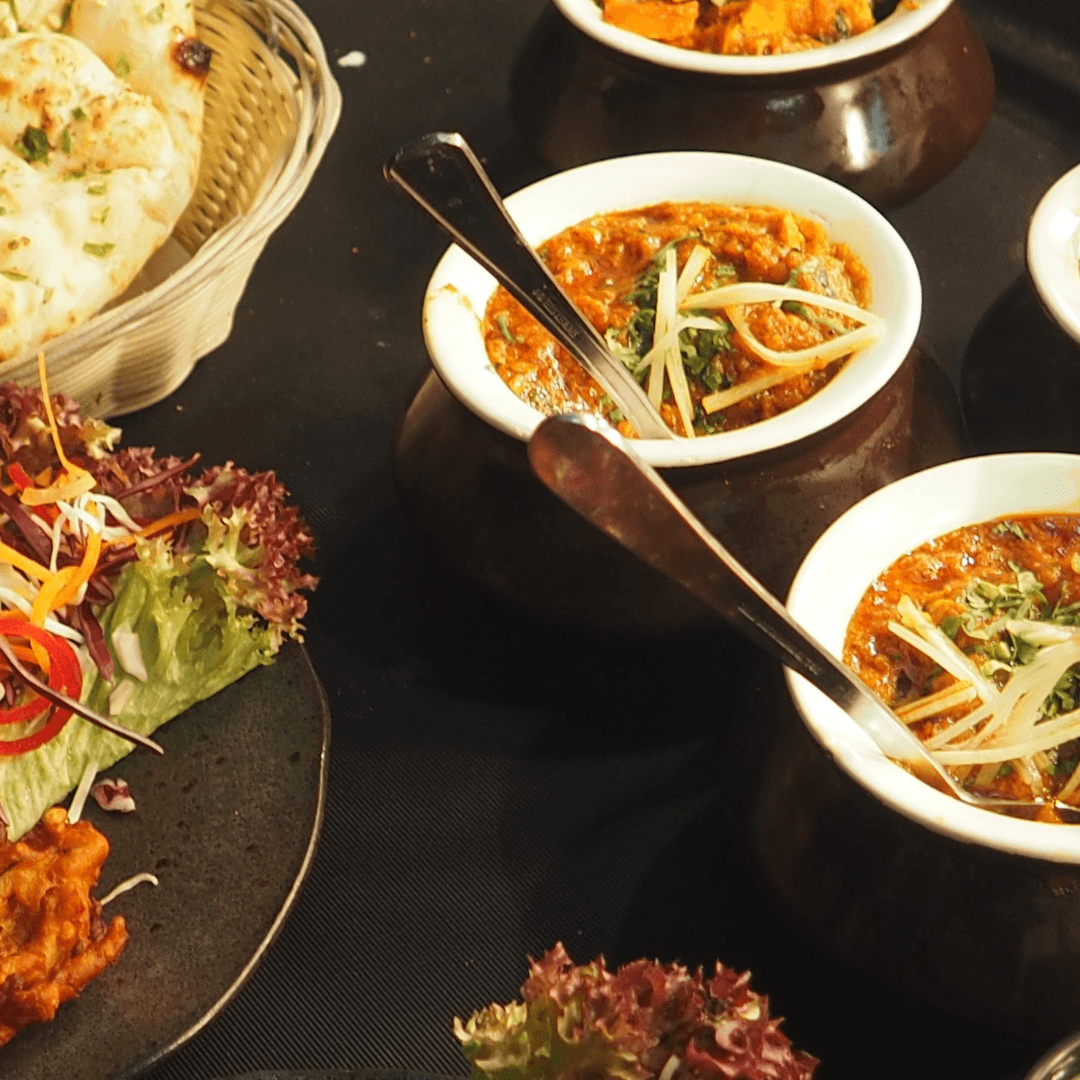
5. Lack Of Vegan Alternatives
A primary factor contributing to why people avoid a vegan diet is the prevailing belief in the lack of satisfying plant-based alternatives.
Especially for staple comfort foods like burgers, cheese, or desserts, it hinders the transition, as individuals perceive vegan substitutes as insufficient in replicating the familiar indulgence and satisfaction of traditional animal-derived products.
This perception is particularly pronounced regarding staple comfort foods like burgers, cheese, or desserts.
Individuals, accustomed to the familiar tastes and textures of traditional animal-derived products, may be dissuaded by the belief that vegan substitutes fall short of providing the same level of indulgence and satisfaction.
Addressing this concern involves showcasing the burgeoning variety of delectable and innovative plant-based alternatives in today's market.
From mouthwatering plant-based burgers that sizzle on the grill to artisanal vegan cheeses and decadent desserts crafted without animal ingredients, the landscape of vegan alternatives continues to expand.
By dispelling the myth of scarcity and demonstrating the abundance of delicious vegan options, individuals may be more inclined to explore and embrace a plant-based lifestyle without feeling compelled to sacrifice their favorite culinary delights.

6. Social Stigma
The fear of social isolation and the potential for judgment from social circles are formidable barriers for individuals contemplating a vegan lifestyle.
Deviating from mainstream dietary practices can evoke a sense of vulnerability, as the choice to embrace veganism is often met with varying degrees of skepticism or misunderstanding.
Friends, family, and peers may unknowingly perpetuate social stigma by expressing concern about the perceived radical nature of veganism, questioning its feasibility, or even dismissing it outright.
This fear of societal judgment can be a significant deterrent, dissuading individuals from openly embracing a plant-based lifestyle.
The desire to align with social norms and avoid potential conflict may overshadow the personal convictions driving the decision to adopt a vegan diet.
Overcoming this barrier involves fostering open conversations, dispelling myths about veganism, and creating an inclusive environment that respects diverse dietary choices, thereby alleviating the apprehension associated with potential social stigma.

7. Cost Considerations
A prevailing misconception contributing to the hesitation towards a vegan diet revolves around the perceived expense of plant-based eating.
One of the top reasons people avoid a vegan diet is the prevailing misconception surrounding its perceived expense, fueled by the belief that specialty plant-based products or organic alternatives are essential, leading individuals to anticipate a higher financial burden than conventional diets.
Contrary to this notion, adopting a vegan diet can be both economical and health-conscious. Staples such as grains, legumes, fruits, and vegetables are often more budget-friendly than animal-based ones.
The misconception about costliness often arises from the association of veganism with gourmet plant-based products, which, while available, are optional for a balanced and affordable vegan diet.
By debunking this myth and highlighting the affordability of plant-centric eating, individuals can realize that a vegan lifestyle is not necessarily a luxury but a practical and cost-effective choice that aligns with personal and financial well-being.
Additionally, promoting accessibility to affordable plant-based options can contribute to dismantling the perceived economic barriers surrounding veganism.

8. Health Misinformation
The decision to avoid a vegan diet can be influenced by the prevalence of health misinformation, creating a landscape of uncertainty and hesitation around making the dietary switch.
Misguided beliefs about potential health risks or benefits associated with veganism can contribute to a sense of unease, deterring individuals from exploring the plant-based lifestyle.
Misinformation may manifest in various forms, such as unfounded concerns about nutrient deficiencies, the misconception that vegan diets lack essential nutrients, or exaggerated claims regarding the health benefits of animal products.
This misinformation can create a barrier for those considering veganism, as the fear of compromising personal health becomes a significant deterrent.
Overcoming this challenge involves disseminating accurate and evidence-based information about a well-planned vegan diet's nutritional adequacy and potential health benefits.
Addressing common misconceptions head-on can empower individuals to make informed decisions about their dietary choices, fostering a more confident and health-conscious approach to embracing a plant-based lifestyle.
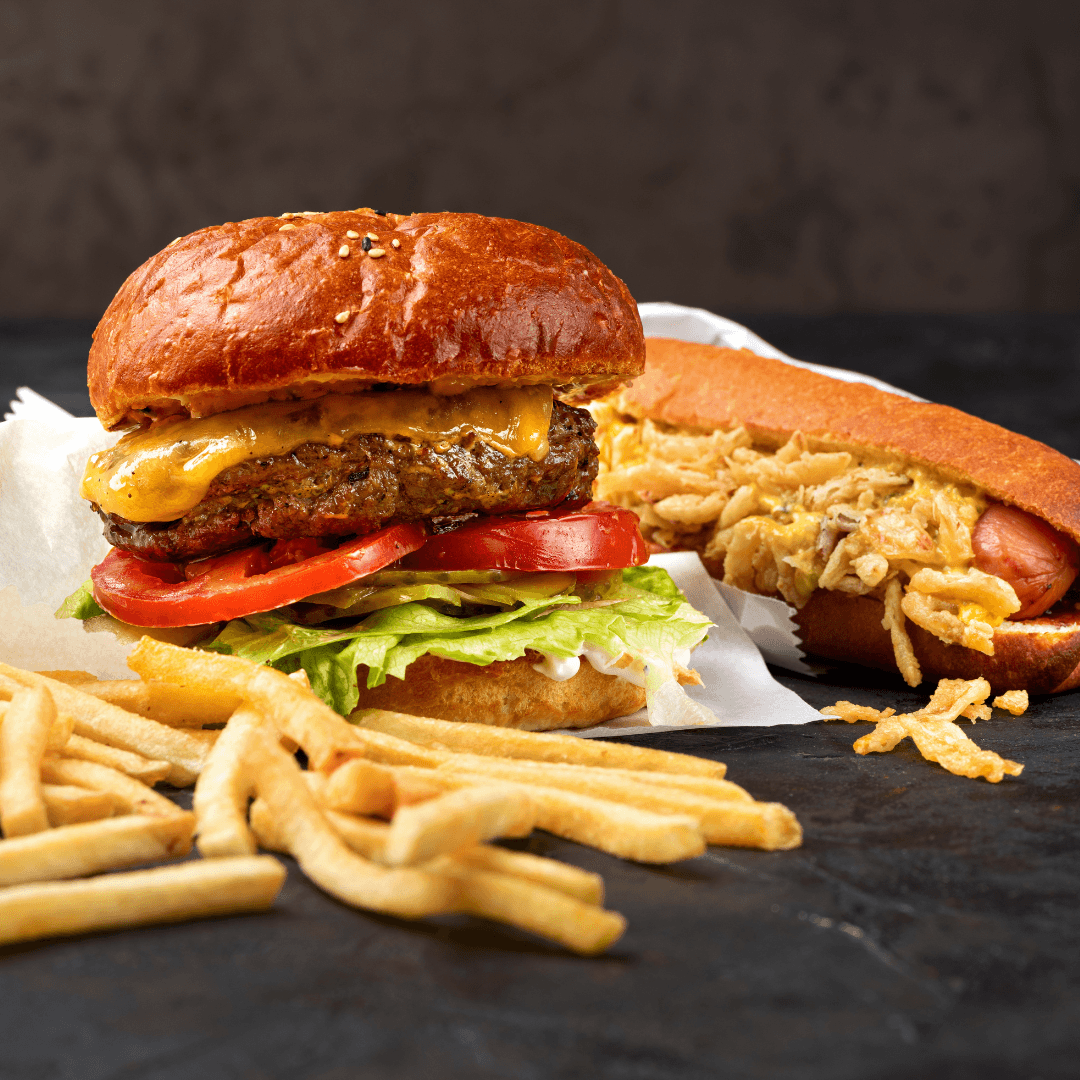
9. Emotional Attachments To Food
The decision to avoid a vegan diet can be deeply entwined with emotional attachments to specific non-vegan foods, establishing barriers rooted in comfort, celebration, and nostalgia.
Food is not merely sustenance but a powerful conduit for emotional experiences and memories.
Non-vegan dishes often hold a sentimental value, acting as a source of comfort during challenging times or as a centrepiece in joyous celebrations.
The reluctance to give up these cherished food connections may arise from the fear of losing the taste and texture of familiar dishes and the associated emotional resonance.
Veganism, in this context, is perceived as a departure from established rituals and traditions, potentially leading to feelings of loss or deprivation.
Navigating this emotional hurdle involves acknowledging the significance of food in emotional well-being and gradually introducing plant-based alternatives that evoke similar feelings of comfort and celebration.
Creating new culinary traditions that align with vegan principles can foster a positive emotional connection to plant-based eating, mitigating resistance and allowing for a more seamless transition to a compassionate and sustainable lifestyle.

10. Digestive Sensitivities
Digestive sensitivities to specific plant-based foods can contribute to some individuals' resistance to veganism.
Among the top reasons people avoid a vegan diet is the impact of digestive sensitivities to specific plant-based foods, where concerns about potential discomfort contribute to individuals' resistance towards embracing plant-based living despite the inherent nutritional richness of such diets.
While plant-based diets are generally rich in fibre, vitamins, and minerals, certain individuals may experience digestive discomfort due to their unique physiological responses.
Some high-fibre foods like legumes, cruciferous vegetables, or whole grains may trigger bloating, gas, or other gastrointestinal issues.
This discomfort can lead to believing that a vegan diet might exacerbate existing digestive sensitivities or instigate new ones.
Overcoming this barrier involves a nuanced approach, acknowledging that plant-based diets can be tailored to accommodate individual digestive needs.
Gradually incorporating easily digestible plant foods and exploring cooking methods that enhance digestibility can alleviate these concerns.
Consulting with a healthcare professional or a registered dietitian experienced in plant-based nutrition can provide personalized guidance, helping individuals navigate potential digestive sensitivities and fostering a positive experience with a vegan lifestyle.
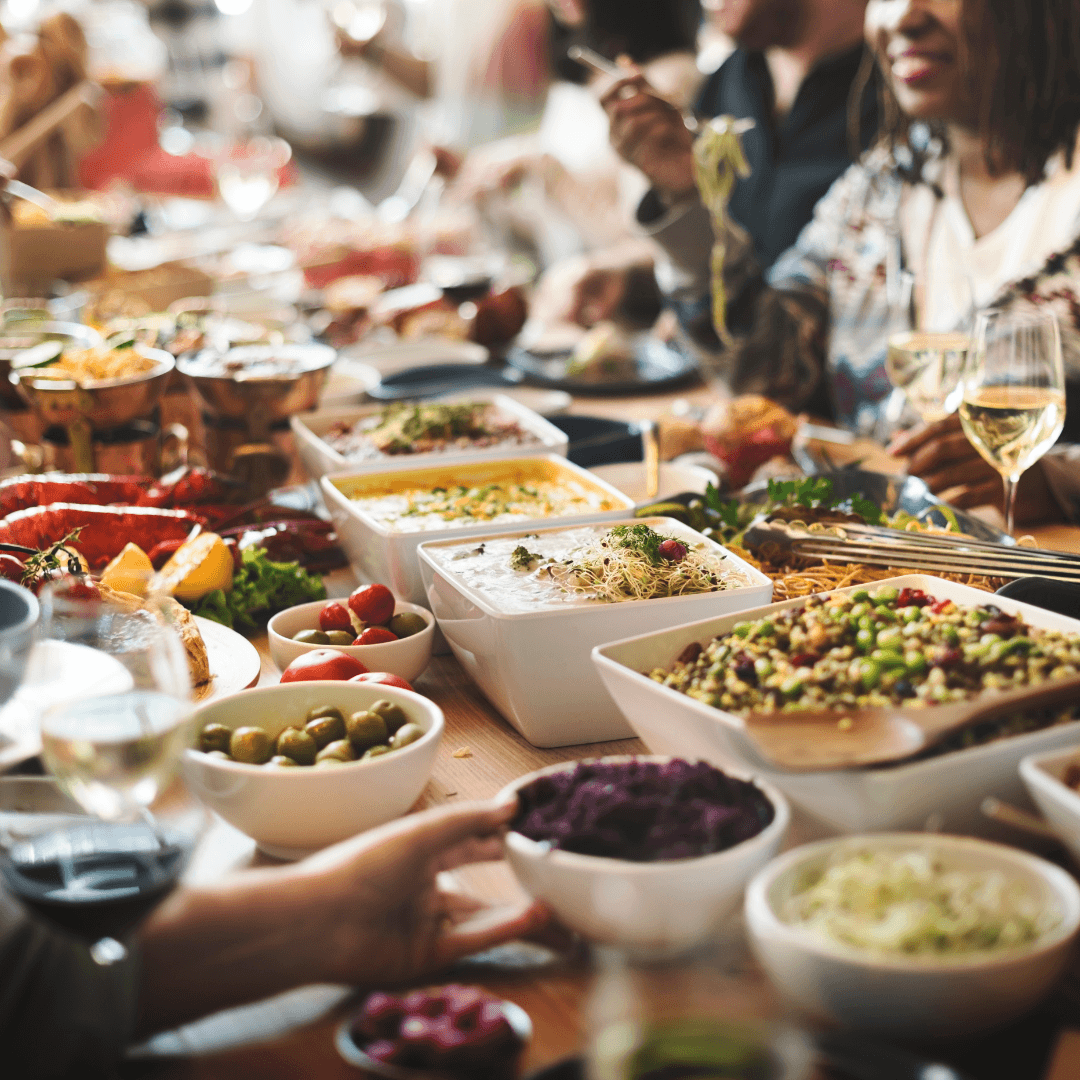
11. Limited Vegan Options in Restaurants
The frustration stemming from limited or uninspiring vegan menu options in restaurants poses a considerable obstacle for individuals who relish the experience of dining out and exploring diverse cuisines.
Among the top reasons people avoid a vegan diet is the frustration arising from limited and uninspiring vegan menu options in restaurants.
The perceived lack of diverse and flavourful plant-based selections discourages individuals who relish the experience of dining out and exploring various cuisines.
This limitation can be particularly discouraging for those seeking culinary variety and flavour innovation.
The need for more appealing vegan choices may lead individuals to perceive veganism as restrictive and inconvenient, deterring them from fully embracing a plant-based lifestyle.
Overcoming this challenge involves fostering a dialogue between consumers and restaurants, encouraging the development of diverse and enticing vegan offerings.
As awareness of the demand for plant-based options grows, restaurants are more likely to expand and enhance their vegan selections, providing individuals with a more inclusive and enjoyable dining experience that aligns with their dietary preferences.

12. Nut Allergies And Dietary Restrictions
For individuals with nut allergies or specific dietary restrictions, the reliance on nuts and alternative proteins in vegan diets may be perceived as both limiting and challenging to navigate.
In vegan recipes, nuts and seeds are common sources of plant-based proteins, healthy fats, and essential nutrients.
However, for those with nut allergies, the inclusion of these ingredients can pose a potential risk, leading to apprehensions about the safety and feasibility of adopting a vegan lifestyle.
Moreover, individuals with specific dietary restrictions, such as those following low-FODMAP diets or dealing with intolerances to certain plant-based foods, may encounter challenges in finding suitable and enjoyable alternatives.
This perception of limitation can deter individuals from embracing veganism, as concerns about meeting nutritional needs while avoiding allergens and adhering to dietary restrictions become significant factors in the decision-making process.
Addressing one of the top reasons people avoid a vegan diet involves providing tailored guidance on plant-based nutrition.
Particularly for individuals with specific allergies or dietary restrictions, by emphasizing alternative protein sources and ensuring a diverse and allergen-friendly approach to vegan meal planning.

13. Concerns About Overprocessed Vegan Products
Apprehensions surrounding the reliance on heavily processed vegan alternatives, like mock meats and dairy substitutes, form a significant barrier to adopting a vegan diet.
Some individuals express reservations about the health implications associated with these processed products, fearing potential additives, preservatives, or high sodium and sugar levels.
The perception that veganism requires a reliance on overly processed substitutes can deter health-conscious individuals from embracing a plant-based lifestyle.
Questions about the nutritional quality and overall health impact of these alternatives may overshadow the potential benefits of a well-balanced, whole-food-focused vegan diet.
Overcoming this concern involves promoting awareness of minimally processed, whole-food plant options.
Highlighting the importance of incorporating fruits, vegetables, legumes, nuts, and seeds as foundational elements of a healthy vegan diet can alleviate worries about processed alternatives.
Additionally, emphasizing moderation and informed choices within processed vegan products contributes to a more nuanced understanding of their role in a balanced plant-based diet.

14. Lack Of Time For Meal Preparation
In the face of busy lifestyles and time constraints, some individuals may perceive adopting a vegan diet as requiring more meal preparation and planning time.
Among the top reasons why people avoid a vegan diet is the perception that adopting it necessitates more meal preparation and planning time, driven by the misconception that plant-based eating demands intricate recipes or extensive cooking efforts, deterring individuals from seeking convenient and quick meal solutions amidst busy lifestyles.
The misconception that plant-based eating demands intricate recipes or extensive cooking time can deter those seeking convenient and quick meal solutions.
This barrier often stems from the belief that crafting diverse and satisfying vegan meals necessitates more effort than traditional cooking.
However, the reality is that a vegan diet can be as time-efficient as any other dietary approach, with numerous simple and nutritious recipes available.
Overcoming this challenge involves promoting accessible, time-friendly vegan meal options, showcasing quick recipes, and emphasizing the convenience of plant-based eating.
By dispelling the notion that veganism requires an extensive time commitment, individuals can feel empowered to embrace a plant-based lifestyle without compromising their busy schedules.

15. Perception Of Limited Athletic Performance
Among athletes and fitness enthusiasts, concerns about the potential compromise of athletic performance on a vegan diet may stem from misconceptions surrounding protein intake and muscle development.
The prevailing belief that animal products are superior protein sources could lead individuals to worry about meeting their nutritional needs for strength, endurance, and muscle recovery through plant-based options.
A vegan diet can provide ample protein, essential nutrients, and sufficient calories to support athletic endeavours.
Dispelling this barrier involves showcasing successful vegan athletes, emphasizing plant-based protein-rich foods, and providing evidence-based information on the benefits of plant-centric nutrition for performance and recovery.
By addressing these misconceptions, athletes can recognize that a vegan lifestyle is fully compatible with their fitness goals, promoting personal health, environmental sustainability, and ethical considerations.
Conclusion
In conclusion, the myriad reasons individuals avoid a vegan diet reflect a complex interplay of cultural, social, personal, and practical factors. While acknowledging these challenges, it's crucial to recognize the evolving landscape of plant-based living.
Education, accessibility, and culinary innovation are reshaping the narrative around veganism, dismantling misconceptions and fostering inclusivity.
Ultimately, the collective responsibility for a more sustainable and compassionate future entails addressing why people avoid a vegan diet, fostering understanding, and celebrating dietary diversity to make plant-based living widely embraced and accessible, contributing to personal well-being, environmental preservation, and ethical considerations for future generations.
By addressing concerns, fostering understanding, and celebrating the diversity of dietary choices, we pave the way for a world where plant-based living is an option and a widely embraced and accessible lifestyle, contributing to personal well-being, environmental preservation, and ethical considerations for generations to come.
I trust you enjoyed reading the article about the Top Reasons Why People Avoid A Vegan Diet. Please stay tuned. There are more blog posts to come very shortly.
JeannetteZ
>>> Please click here to read my Vegan Travel Guides To World Destinations <<<
>>> Want To Learn How To Create Delicious, Cruelty-Free, Healthy AND 100% Vegan Meals? Try These Awesome Vegan Cooking Courses With A Free 7-DAY MEMBERSHIP<<<
Your Opinion Is Important To Me
Ideas? Thoughts? Questions? I would love to hear from you. Please leave me your questions, experiences, and remarks about the Top Reasons People Avoid A Vegan Diet in the comments section below. You can also reach me by email at Jeannette@LivingTheVeganLifestyle.org.
Disclosure
This post may contain affiliate links. I earn from qualifying purchases as an Amazon Associate and other affiliate programs. Please read my full disclosure.
Here are some links to some of my favourite articles:
A Definite Guide To Vegan Chocolate


